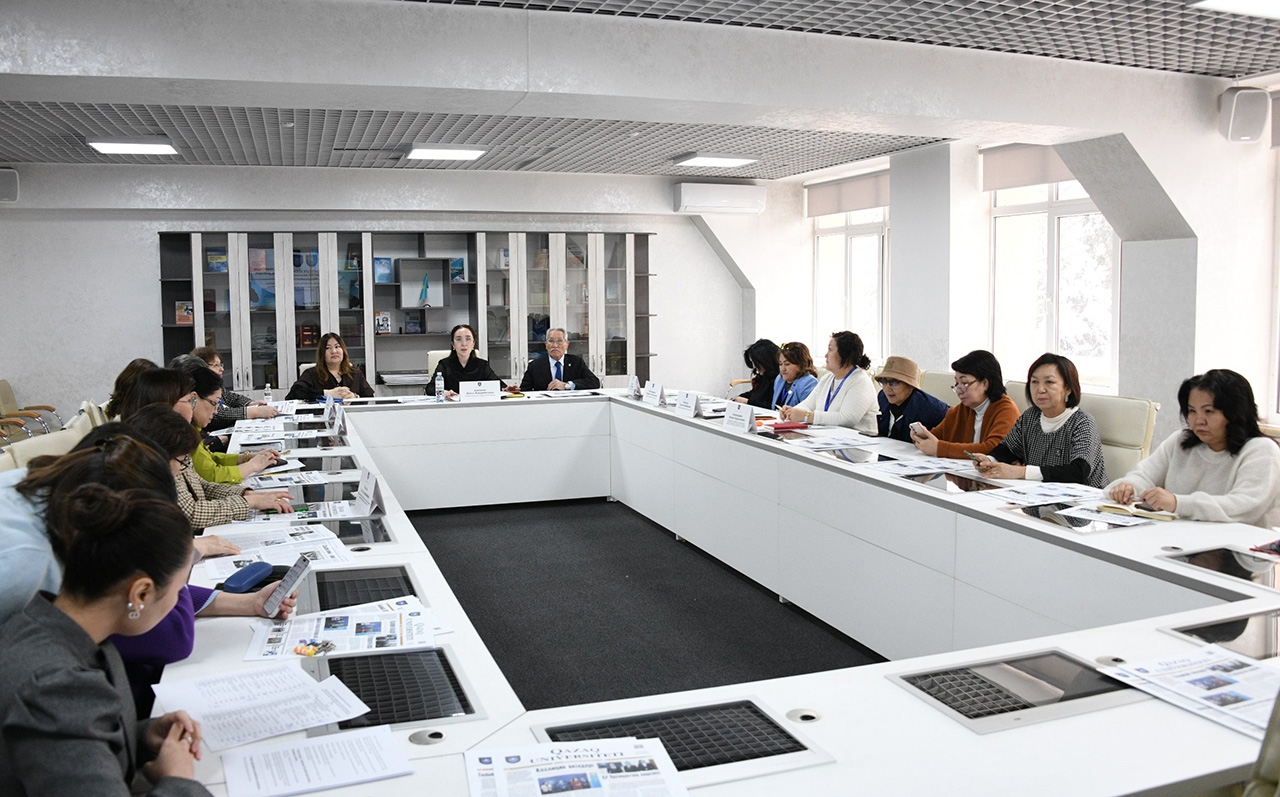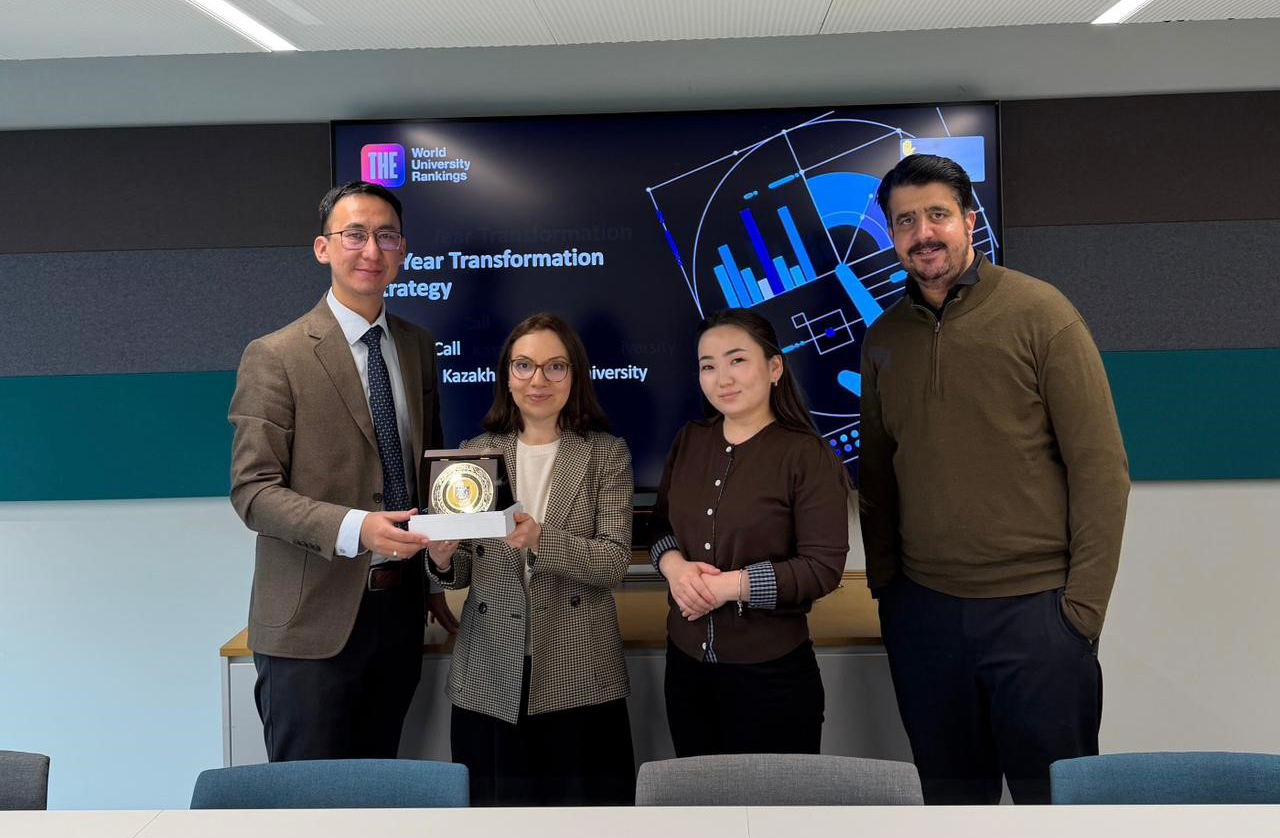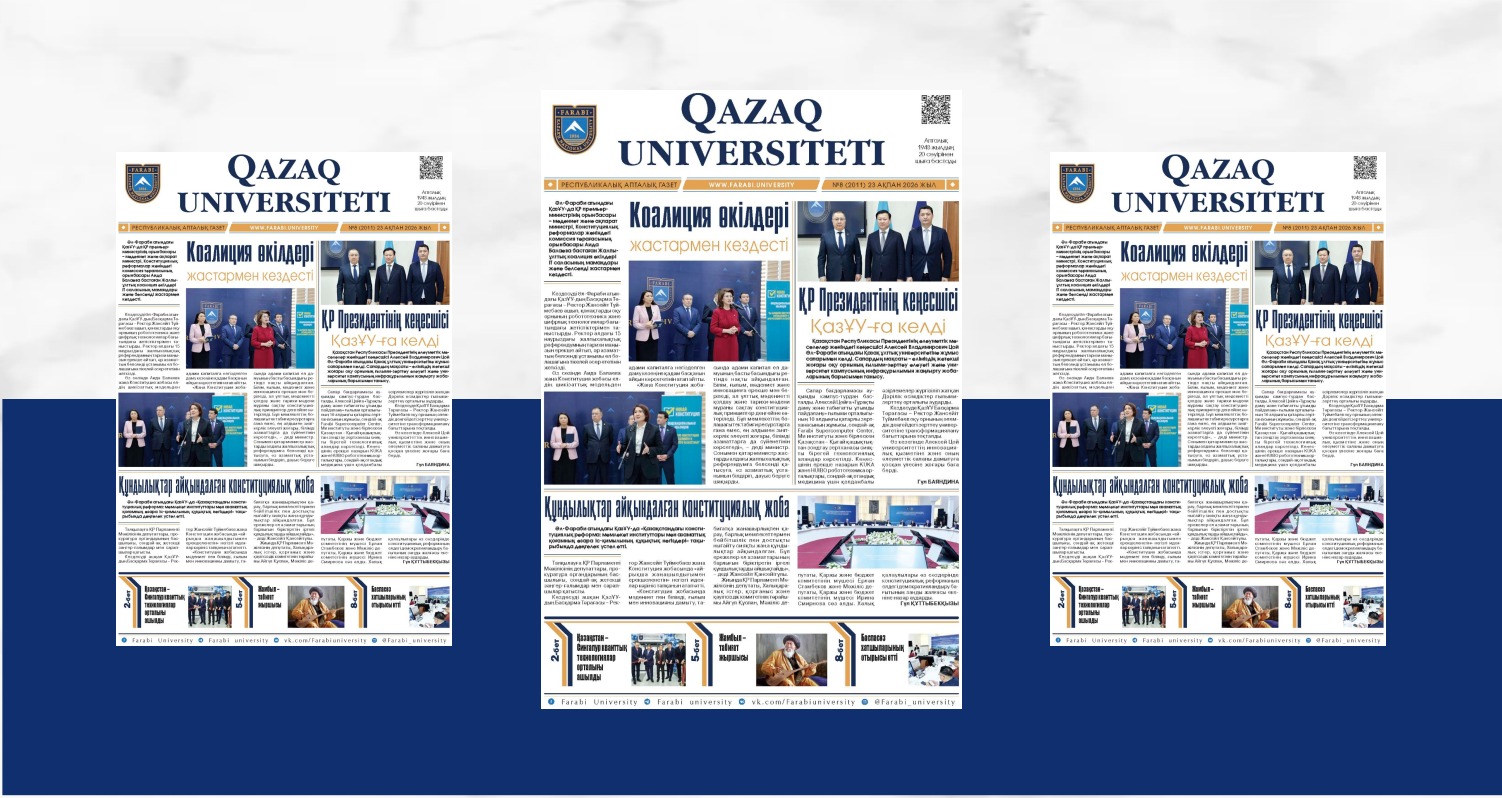In KazNU discussed the results of the first year of megagrant realization

In Al-Farabi KazNU discussed the first working meeting of the consortium members, dedicated to the results of the first year of implementation of the megagrant, which was won in the competition of scientific and technical programs for 2023-2025 years from the Committee of Science of the Ministry of Science and Higher Education of the Republic of Kazakhstan.
The amount of the grant is about 4 billion tenge. The program is implemented under the program-targeted financing (PTF) "Sustainable development of natural-economic and socio-economic systems of the West Kazakhstan region in the context of green growth: comprehensive analysis, concept, forecast assessments and scenarios".
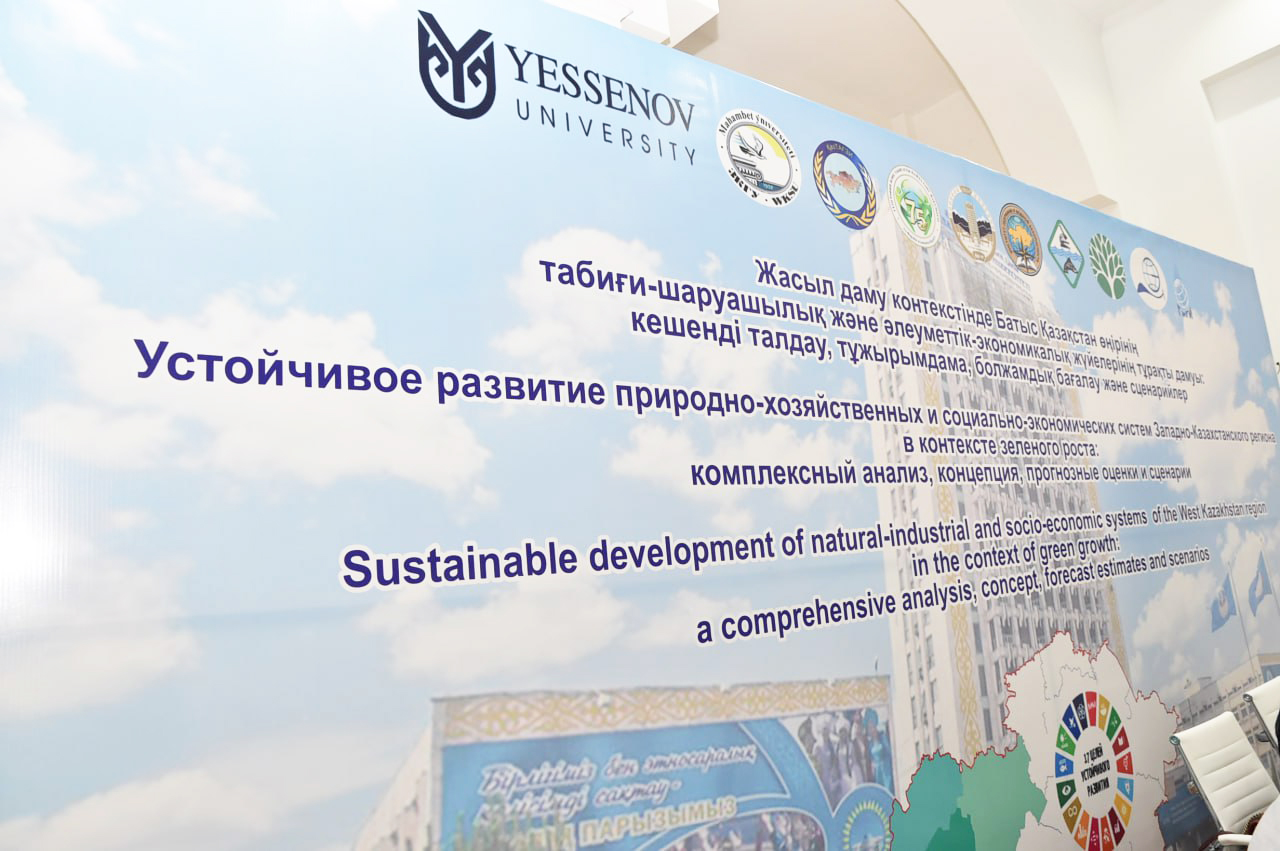
Addressing the participants of the meeting with a welcoming speech, member of the Board - Vice-Rector for Scientific and Innovative Activities of Al-Farabi Kazakh National University Zhamila Aitzhanova, thanked the members of the consortium - Institute of Geography and Water Security, Institute of Hydrogeology and Geoecology named after U. M. Akhmedsafin, Kazakh Research Institute of Soil Science and Agrochemistry named after U. U. Uspanov. U.Uspanov, Scientific and Production Center of Fisheries, Caspian State University of Technologies and Engineering named after Sh. Esenov, West Kazakhstan University named after Makhambet Utemisov, Institute of Botany and Phytointroduction, Institute of Economics - for active participation and valuable contribution to the implementation of the megaproject.

The Vice-Rector noted that currently one of the priority tasks for Kazakhstan is to ensure sustainable development of regions. Dynamically developing and competitive regions are the source of improving the welfare of the population. This is also the basis of a strategy to reduce regional inequalities and achieve a more balanced and sustainable development of the whole country.
"Especially Western Kazakhstan has significant economic potential, but its sustainability in future ecological-social-economic development is threatened by the unsustainable pattern of natural resource utilization and current environmental, natural and socio-demographic problems." The program is linked to the SDGs and is aimed at solving strategically important tasks in the West Kazakhstan region related to sustainable environmental, social and economic development of the territory. We hope for successful achievement of the set goals in the jointly realized megaproject", - emphasized the Vice-Rector of KazNU Zhamila Nurmatovna.
The scientific supervisor, Doctor of Geographical Sciences, Professor Maulken Askarova also made a speech, presenting the general concept of the megagrant program. According to her, this year scientists and experts have carried out the first stage of work. An information database and methodological bases for assessment of fish and other aquatic biological resources were developed. "Data on the natural and economic-resource potential of water bodies of the West Kazakhstan region, placement of fish-producing and fish-processing facilities, aquaculture farms, fish nurseries with identification of ways to optimize the use of fish resources were collected. The working group of the project has developed measures on preservation of biodiversity, populations of rare endangered fish species and development forecast", - Maulken Askarova noted.
During the plenary meeting scientific reports were made by the project participants. Thus, with the theme "To develop methodological basis for assessments of fodder resources" was made by Vice-Rector for scientific work and international relations, Professor of West Kazakhstan University named after M. Utemisov Kazhmurat Akhmedenov. The head of the subprogram, Professor, Deputy Director General of Fishery Research Center Saule Asylbekova presented a report - "To assess the natural-resource potential as the main factor in the development of natural-economic systems of the West Kazakhstan region".
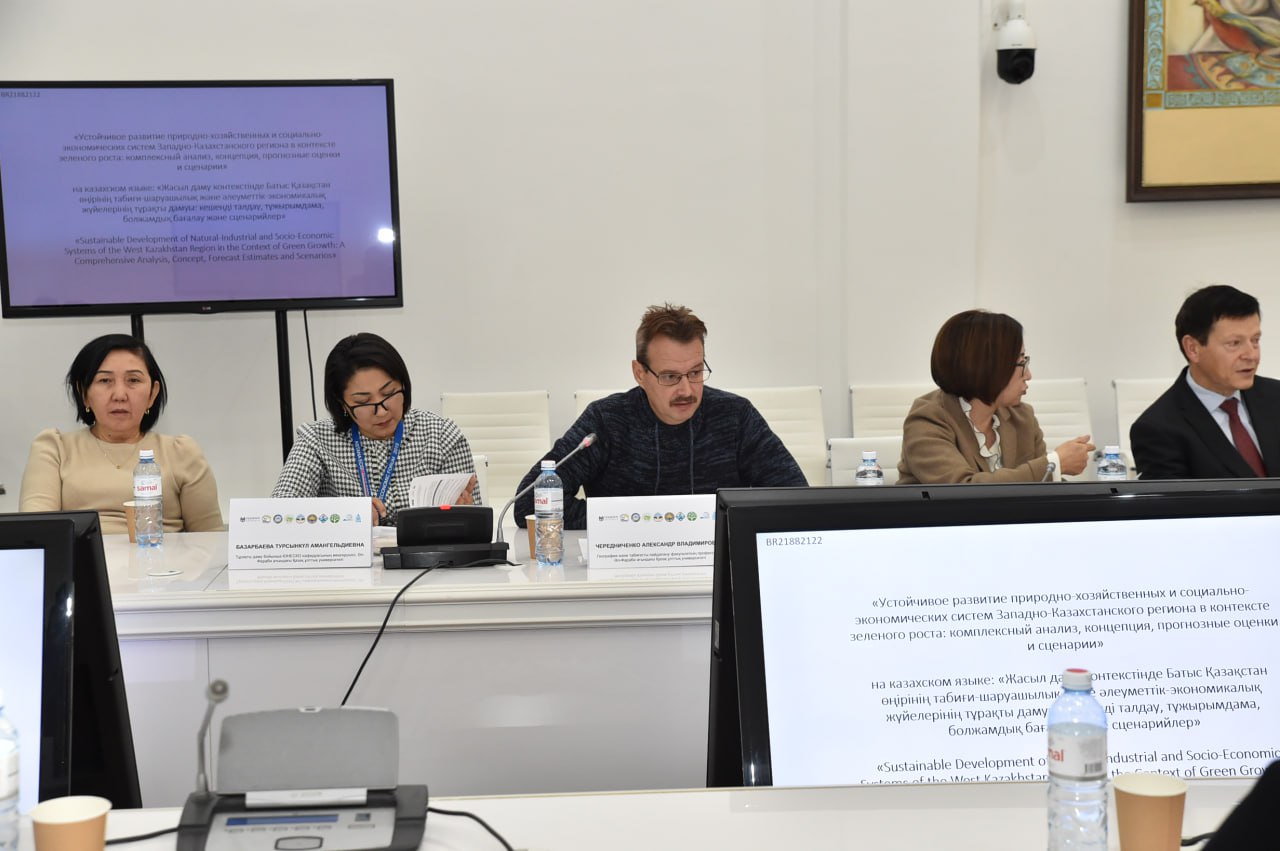
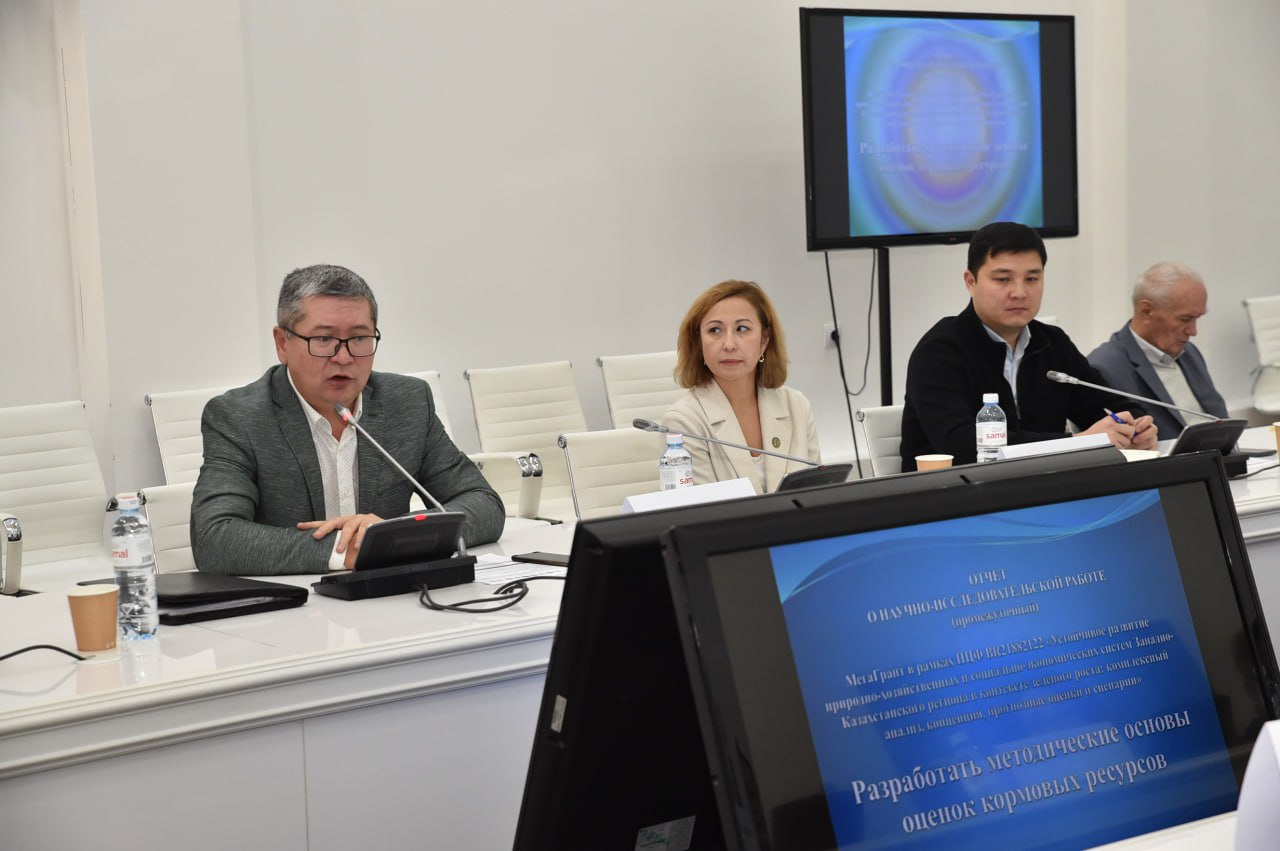
At the end of the first working meeting of the consortium members on the results of the first year of the megagrant implementation, the project participants discussed further work plans for 2024-25. During this period, scientists will have to find ways to solve the issues of sustainable ecological, social and economic development of the region, water resources management, conservation of fauna and flora.


